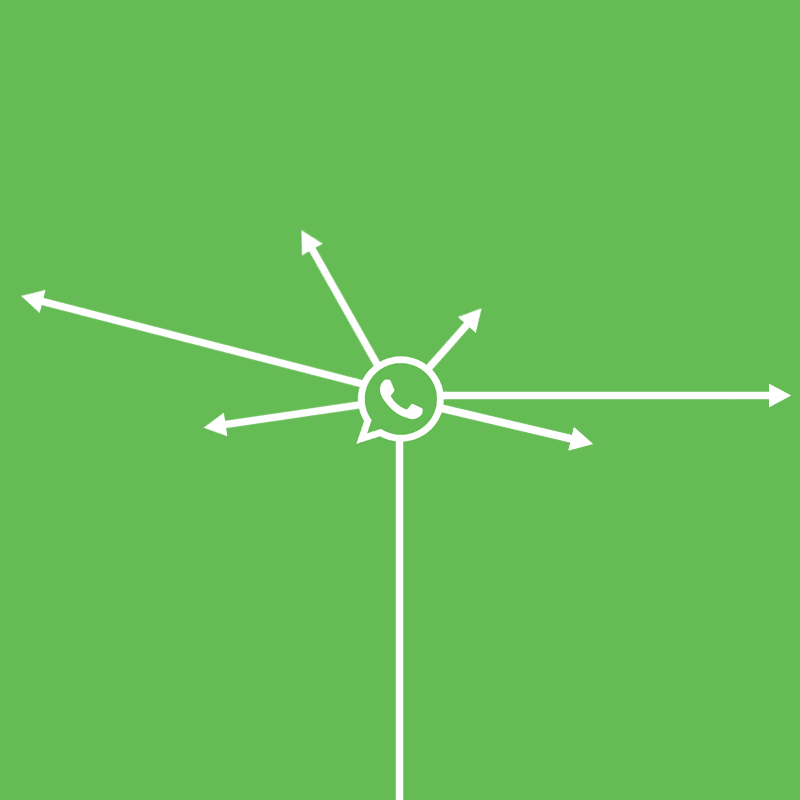
Europe is where some of the world's most powerful nations reside. Europe is also the place for some of the strictest rules.
One of which, is the Digital Markets Act (DMA), which is an EU regulation that aims at fostering fairer and more competitive digital markets. In particular, it establishes clearly defined objective criteria to identify "gatekeepers" in the digital sector. In particular, there are more than 20 services that happened to only be controlled by six "gatekeeper" companies.
One of which, is Meta.
Knowing this, the Facebook’s parent firm is trying to win EU users’ hearts after it opted to enable interoperability of third-party apps for both Facebook Messenger and WhatsApp.
What this means, users in this part of the world should be able to message others across various texting platforms, other than Meta's.
In a website post, Meta said that:
"This allows users of third-party providers who choose to enable interoperability (interop) to send and receive messages with opted-in users of either Messenger or WhatsApp – both designated by the European Commission (EC) as being required to independently provide interoperability to third-party messaging services. "
Enabling cross-platform messaging is a very complex process, and in this case, it gets even more difficult because WhatsApp uses end-to-end encryption, which means that nothing can read users' messages beside the sender and the intended recipient.
Opening that up to other apps would make it easier for virus attacks.
In order to safeguard users' privacy, WhatsApp would require all the other apps to follow its preferred choice, which is Signal’s encryption which is already used by itself, as well as a number of other messaging apps.
Because Meta is already using the encryption protocols of Signal and therefore, it vows to continue guarding users’ messages via this mechanism as third-party interoperability is launched and messages are moved away from the Meta app.
To ensure privacy and security, third-party apps that wish to communicate with WhatsApp and Messenger also need to pass the cryptographic signature process for better connectivity to a host of services on the platform.
There will also be options for proxies between their apps and WhatsApp’s server, if the developers want more flexibility.

However, Meta said that it is obliged to provide interoperability with other apps whether or not the other provider uses Signal.
Because of this, and again, it's business as usual.
So here, Meta added a stark warning about how it’s taking a major risk doing this, and that allowing users to use its apps for cross-platform communication means that it cannot control what third parties are doing with such texts after getting received.
Any messaging app that doesn’t make use of the Signal Protocol must prove that their products are secured in an adequate manner whereby message content can be accepted online.
Regardless, interoperability across third-party platforms like Facebook Messenger and Whatsapp means giving rise to a huge ground for digital texts being circulated like never before seen.
For the end user, interoperability would mean convenience, and for Meta, this would add more users onboard.
But as mentioned earlier, it is a security and encryption nightmare until all other apps are onboard and everything is streamlined.